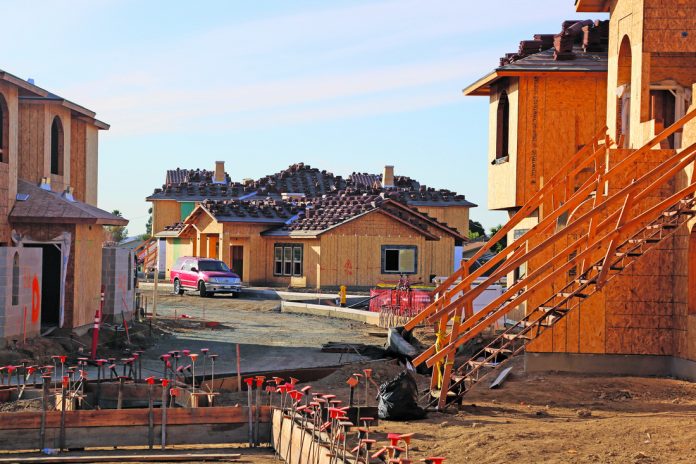
The Hollister City Council held a first reading of a proposed growth management program Tuesday that could cap the construction of single-family residential housing to 244 units annually.
Affordable housing, senior housing, secondary or accessory units, special needs housing, and rentals would all be exempt from the cap.
The cap was previously adjusted from 164 units up to 244 at a Dec. 11, 2017 meeting, where council members took comments from the public on the growth management plan. Mayor Ignacio Velazquez was in favor of the original cap.
“I just don’t see the need to go from 164 to nearly doubling to the number we’re talking about now,” Velazquez said at Tuesday night’s meeting. “I think the growth we’ve seen locally, the numbers are in that ballpark of 150, 140. We’ve been handling it. I think it’s a mistake to take it to a higher number and that’s why I’m going to be opposing this, unfortunately, tonight.”
The rest of the council felt otherwise with a final vote of 3-1, with Velazquez as the sole dissenter.
“I think it’s time that we move forward,” newly appointed Vice Mayor Mickie Luna said.
Councilman Karson Klauer recused himself from the discussion and vote for a potential conflict of interest. He said a client might be a potential applicant for the growth management program.
Council members came to a consensus on adding an exemption for detached, single-family homes on smaller lots to the program.
“It gives another option for affordable housing and potentially rentals,” Councilman Jim Gillio said, who had met with staff about the possibility earlier in the day.
City staff explained at the meeting that while the detached units were originally left unexempt for still being single-family housing, the smaller lots offered a new, affordable by design market.
“If it is the desire of the council, it does provide a new market, it is more affordable by design, we can certainly make that adjustment to include as an exemption,” Planning Manager Abraham Prado said.
“I personally would like to see that exempt because it adds more to the element of getting affordable housing,” Councilman Ray Friend said.
The growth management program is an effort to better regulate residential growth in the city.
In the early 2000s, the Regional Water Resources Control Board enacted a building moratorium after a 15 million gallons of wastewater spilled into the San Benito River bed. The moratorium hurt the local economy and halted housing, commercial development and job growth for over half a decade.
As if that wasn’t bad enough, the Great Recession hit in 2008 and prolonged the stunted local economy.
Since the moratorium was lifted in 2008, 560 homes have been built. That includes 143 homes built in 2016.
A second reading of the growth management plan is expected in March.









